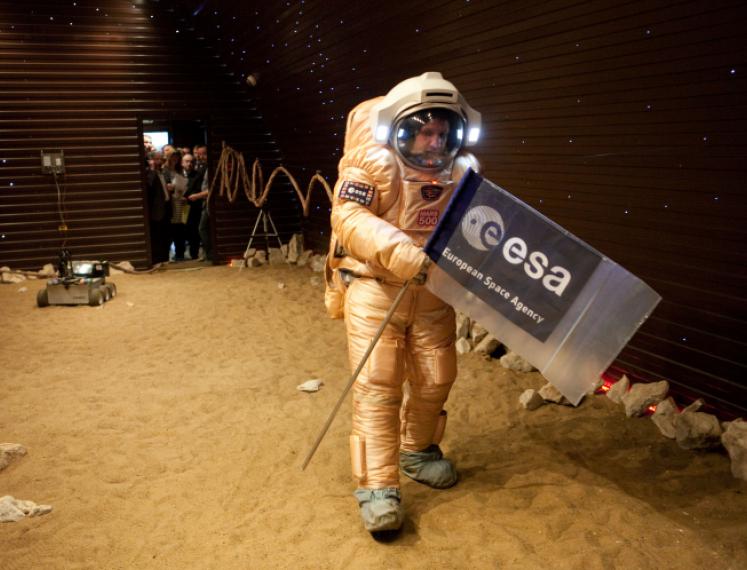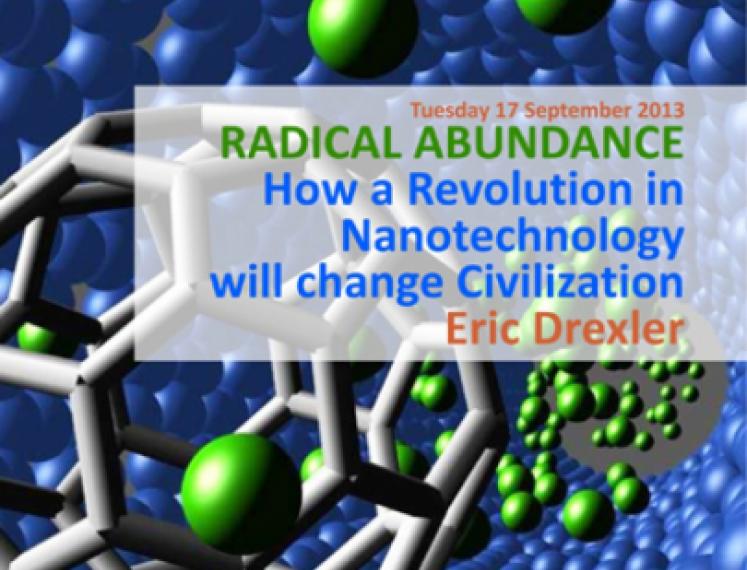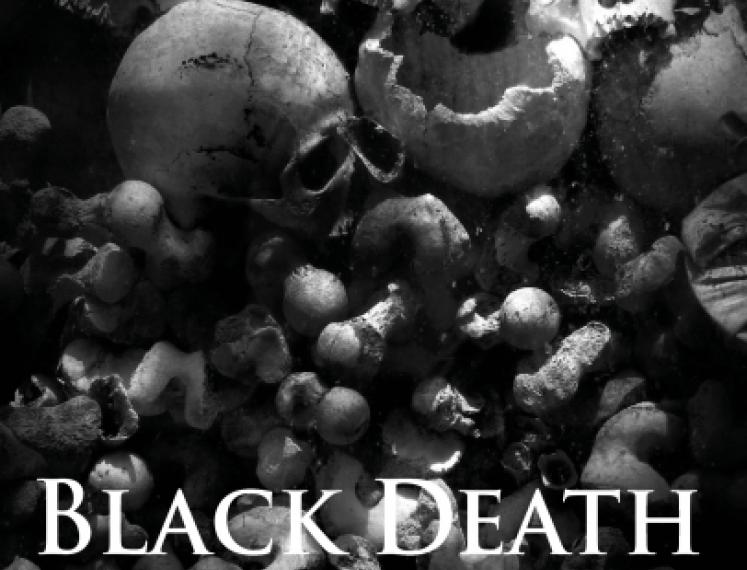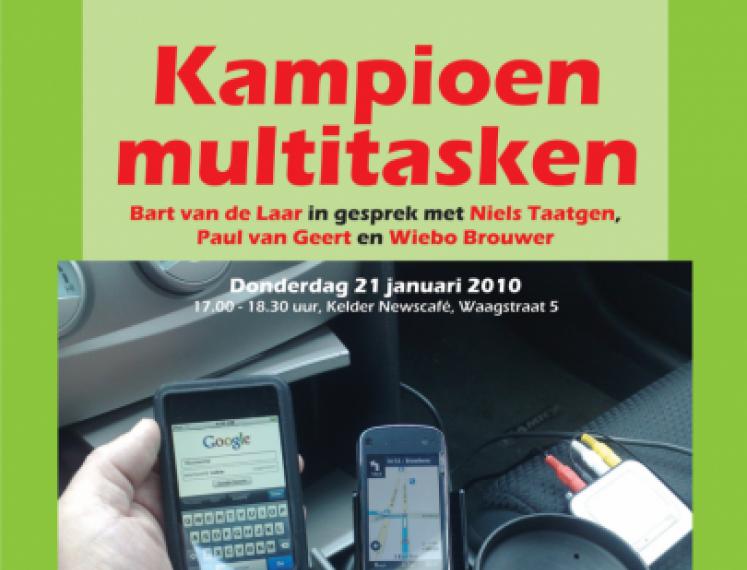Academiegebouw
Broerstraat 5
Groningen
Nederland
Hibernation and Space Travel
Bat, Hummingbird and Bear. While representing very different animal species, they share one characteristic: they all hibernate. Professor of Pharmacology Rob Henning will address the strategies these animals deploy and will discuss recent advances in the understanding of the phenomena that underlie hibernation. Why do hibernating animals suffer almost no cell and organ damage when exposed to the extreme cold? Understanding these mechanisms can have implications for treatments for a whole range of health problems. Henning will illustrate how understanding of one of these mechanisms ultimately led to the development of a novel class of experimental drugs. But the potential of hibernation reaches further than health benefit. Hibernation-like state in humans could make space travel a whole lot safer and easier. Could we hibernate our way to Mars in the future?
Rob Henning is professor of Pharmacology at the University Medical Center Groningen (UMCG). He studied medicine in Groningen, specialized as anesthesio-
logist in Leiden and directed his career towards experimental drug studies. His current research explores hibernation to disclose mechanisms and develop drugs that counteract cell and organ damage. He is member of the topical team of ESA on human hibernation, which investigates its possibilities for long-haul, manned space missions.



